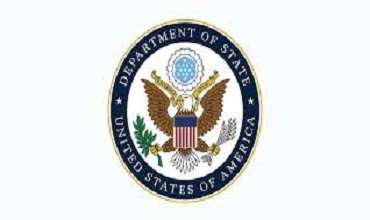Nearly seven in ten households - 68 per cent of the country’s total population are turning to food-based coping strategies such as eating less preferred food, reducing the number of meals and limiting portion sizes, according to the latest survey carried out by the World Food Programme (WFP).
Around one-third (32 per cent) of households are food insecure, and 3.4 million people are being prioritized to receive emergency assistance, WFP’s recent Household Food Security Survey issued this week said.
According to the recently released Hunger Hotspots report for October 2022 – January 2023 Outlook, Sri Lanka is also listed as a ‘hotspot of high concern’, the situation update stressed.
The monthly update also noted that markets are reporting concerns about price volatility and unavailability of items where traders most commonly reported an increase in prices for cereal foods and non-cereal food items. "This volatility in prices is further threatening food security across the country,"
Food inflation (year-on-year) in urban areas of Colombo remained high in October at 85.6 per cent, according to the Colombo Consumer Price Index released by the Central Bank of Sri Lanka.
Considering the current situation in the country, the WFP has expanded its operations by rolling out in-kind food assistance and school meals by reaching out to101,040 people with cash assistance from October 24 to November 6 in addition to the school meals programme that is currently underway. Around 490,000 people have received WFP assistance since the start of the emergency response so far.
You can share this post!
Content

The Presidents’ Entitlements (Repeal) Bill under which benefits for former Presidents would be reduced has been gazetted.

Sotheby’s has returned ancient gems linked to the Buddha’s remains following pressure from the Indian government.





Leave Comments